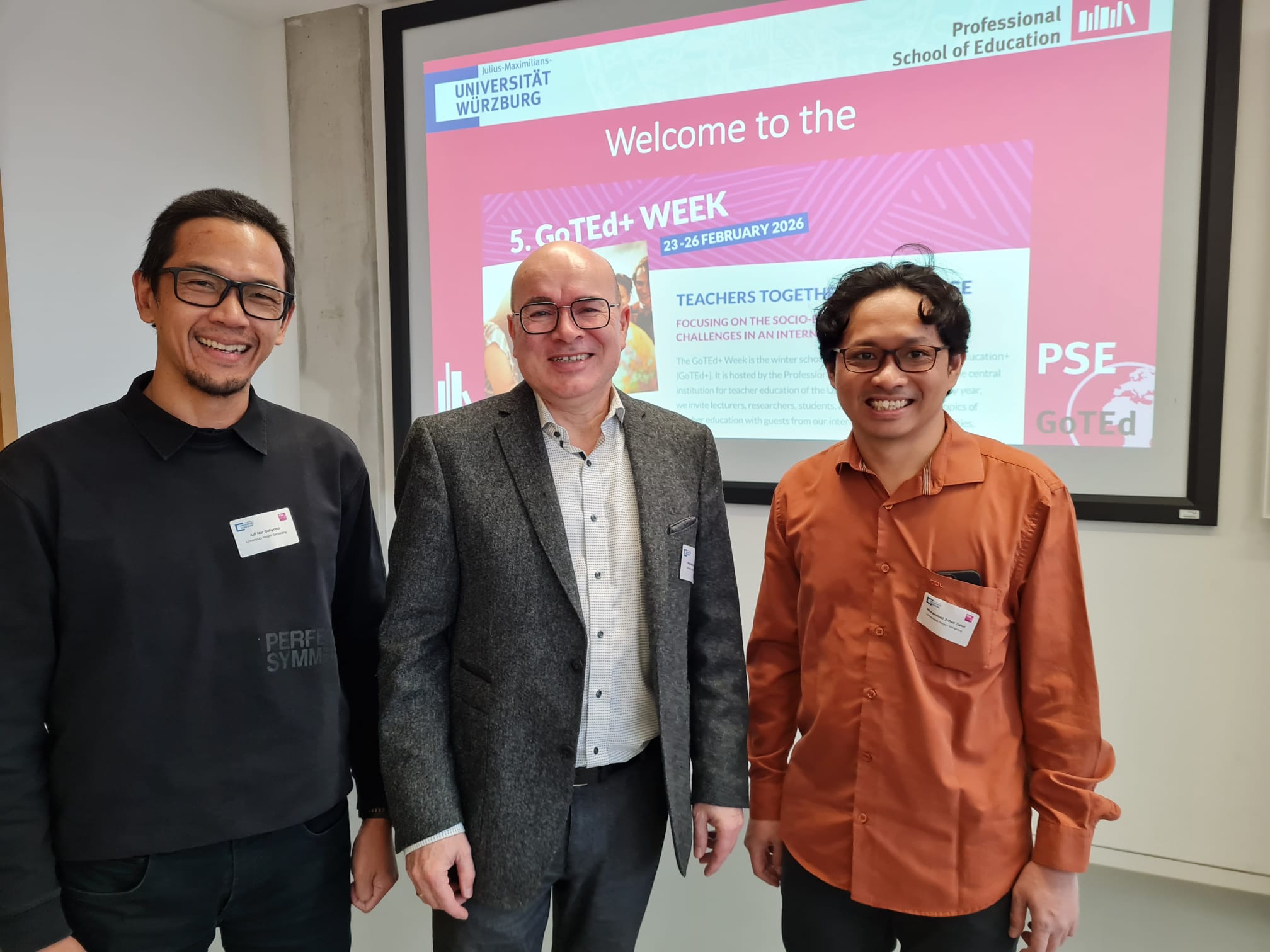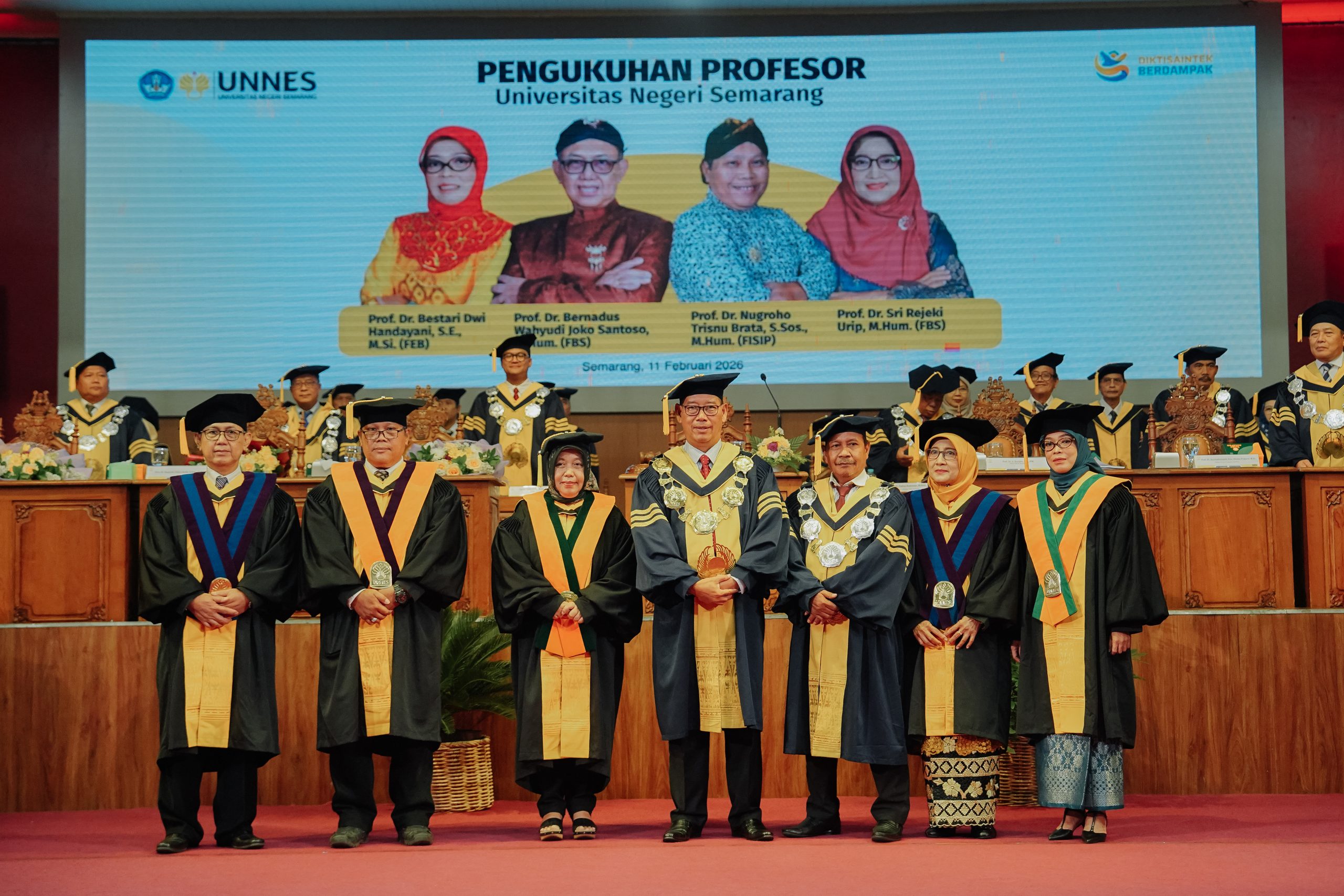Diplomacy between countries is needed to increase the nation’s competitiveness. Diplomacy through language, art, and culture has proven to be able to break the barriers of difference and open up cooperation in various fields.
The Indonesian Ambassador to the Laos People’s Democratic Republic, Pratito Soeharyo, said that diplomacy, or soft power , was carried out to provide mutual benefits to each country. These opportunities include increasing closeness, opening up opportunities for cooperation in the field of education, and improving the quality of education so that they are able to compete in the global realm. “Laos has a population of seven million people and an economic growth of around 7 percent which has the potential to be explored as a place for further cooperation,” said Pratito in the webinar “The Strategic Role of Language and Arts for Strengthening International Reputation” organized by the Faculty of Languages and Arts, State University Semarang, Tuesday (28/9/2021).
However, Pratito said that cooperation needs to be continuously improved. Since 2016, only 141 scholarships have been accessed by youth in Laos. In fact, diplomatic relations between Indonesia and Laos have lasted for 65 years. In Laos, there is still a gap between the higher education curriculum and the demands of the labor market. Another gap is that 74% of the private sector prefers graduates from abroad over Lao people. “Many Lao students prefer to work in the public sector,” he said in a webinar moderated by Deputy Dean I for Academic Affairs FBS Unnes, Dr. Tommi Yuniawan, that is.
For this reason, the potential for cooperation between Indonesian and Lao higher education institutions needs to be explored further, including sending students to study, providing scholarships, research collaborations, and improving the quality of curriculum and double degrees .
The Indonesian Ambassador to Addis Ababa concurrently the Republic of Djibouti and the Ethiopian African Union, Al Busyra Basnur said, language, arts and culture were the middle way to establish diplomacy. These three fields are able to break the barriers of differences, ethnicity, race, and religion between nations. Foreigners are interested in learning Indonesian language, arts and culture. However, more intensive promotion is still needed to improve diplomacy and competitiveness.
Al Busyra said that his party intensively provided assistance to young people to learn Indonesian. However, Al Busyra elaborated on the phenomenon related to the youth’s desire to learn foreign languages. “In the end, the desire to learn a foreign language is related to the work factor, whether to work abroad or work in a foreign company in the country. So, everything will return to economic factors,” he said.
Al Busyra appreciated the steps taken by the State University of Semarang to provide Indonesian language learning to young people. UNNES has experienced teachers in learning Indonesian for Foreign Speakers (BIPA). During a pandemic, information technology can be utilized as much as possible for learning. So far, the scholarship schemes run between Indonesia and Ethiopia include developing country partnership scholarships, dharmasiswa, and Indonesian arts and culture scholarships.
Dean of FBS UNNES Dr. Sri Rejeki Urip said the webinar was an effort to explore inter-institutional cooperation as well as to promote a number of advantages of UNNES.



